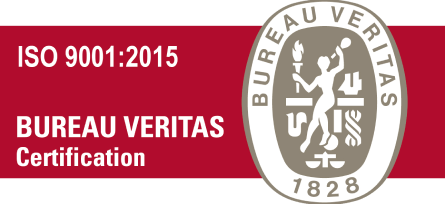Data plays a vital role in business, enabling companies to make more informed decisions and drive growth. It can be difficult to manage this wealth of data. A flexible approach to managing data is crucial for ensuring that your business can reap the benefits of data.
Flexibility is a must in any GRC program since it lets organizations to adjust to the demands of changing. Rigid models impose data siloes and make sharing difficult, however, flexible approaches like metadata-driven glossaries for business, data dictionaries and data lineage records could help to address these problems. Flexible data management enables organizations to avoid costly platform-based data units, like warehouses and data ponds, that can be difficult to move or scale up to meet increasing demands.
In this episode of GRCM & ME, the Director of Customer Success Szuyin Leeow discusses why flexibility is essential in GRC. She also explains how to incorporate it into your data-management strategy.
It is crucial to design your data management solutions with the final goal in mind. This means deciding on the data and results your company is hoping to achieve, so that you can effectively structure and set up your systems to achieve the goals. Using the right tools, like MarkLogic’s semantic capabilities can also enable you to rapidly expand your data infrastructure without losing control over the sensitive data you store.





